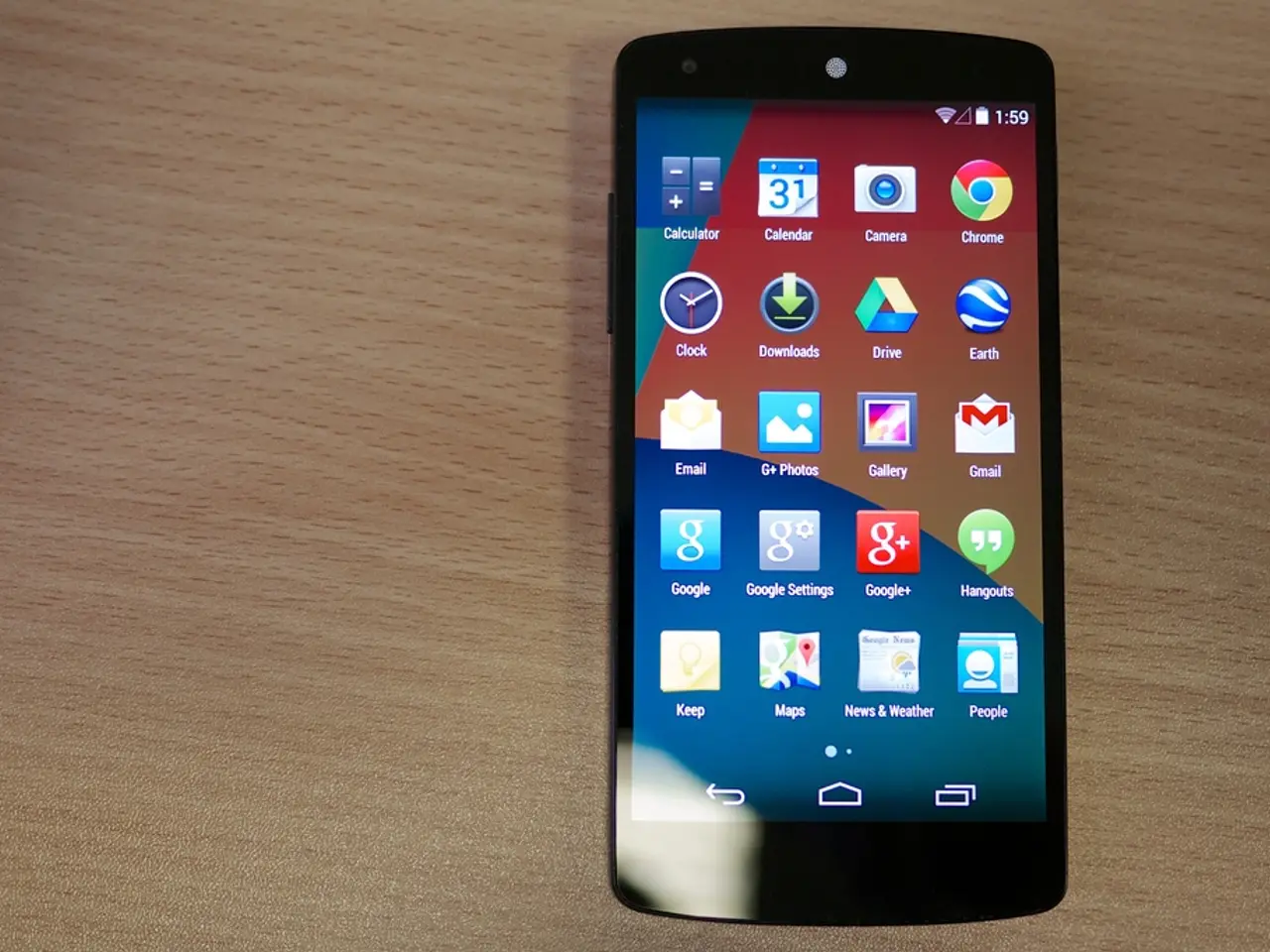App Development for Personal Devices: A Comprehensive Guide
In the world of mobile app development, there are several approaches to creating applications that cater to different needs and budgets. This article will explore the key differences between native app development and other methods such as hybrid, cross-platform, and Progressive Web App (PWA) development.
Development Approach and Cost ------------------------------
Native apps are developed specifically for a single platform (iOS or Android), using native languages like Swift for iOS or Java/Kotlin for Android. This approach is more expensive and time-consuming due to the need for separate codebases and development teams for each platform. On the other hand, hybrid apps and cross-platform apps allow code reuse across platforms, offering cost savings and faster development. Progressive Web Apps (PWAs) are developed using web technologies and offer a single codebase for all platforms, making them cheaper and faster to develop.
Performance and User Experience -------------------------------
Native apps provide the best performance and user experience because they are built specifically for an OS, offering seamless integration with hardware and platform-specific features. Hybrid and cross-platform apps may not match the performance of true native apps, especially for graphically intensive applications. PWAs offer a fast and app-like experience but may not match the peak performance of native apps, especially for complex applications.
Code Reusability and Maintenance --------------------------------
Native apps require separate codebases for each platform, leading to more complex maintenance and updates. Hybrid and cross-platform apps allow code reuse across different platforms, simplifying maintenance and reducing development time. PWAs use a single codebase for all platforms, making maintenance easier and cheaper.
Access to Device Features --------------------------
Native apps have direct access to all device features without any limitations. Hybrid and cross-platform apps can access device features through frameworks and plugins but may require additional setup. PWAs are generally limited compared to native apps due to security restrictions and browser capabilities.
Each approach has its advantages and disadvantages, and the choice depends on the specific needs of the project, such as budget constraints, performance requirements, and the desired user experience.
Other Factors to Consider --------------------------
AppMySite allows building one app for both Google Play Store and Apple App Store without compromising native elements and qualities. Native apps can be distributed through their dedicated marketplaces (Google Play Store and Apple App Store). However, the lack of code-flexibility, need for separate development teams, and longer project timelines increase the budget of app development. Building native apps can take longer than non-native apps.
Native apps offer rich in-browser caching and offline availability, device-centric features, and more. iOS users are more likely to spend on apps than Android users. Native iOS app development is for creating apps primarily meant to be published on the Apple App Store. Native apps get quick releases, system fixes, and updates before web and hybrid apps.
In conclusion, native app development offers incomparable performance, direct access to device features, and a seamless user experience. However, it comes at a higher cost and requires specialized resources and efforts for each platform. Hybrid, cross-platform, and PWA development offer cost savings and faster development times but may not match the performance of native apps. The choice between these approaches depends on the specific needs and resources of the project.
Native app development, with its utilization of native languages like Swift for iOS or Java/Kotlin for Android, offers incomparable performance and a seamless user experience because it is built specifically for an OS, offering direct access to all device features without any limitations. On the other hand, hybrid and cross-platform apps, which allow code reuse across different platforms, offer cost savings and faster development but may not match the performance of true native apps, especially for graphically intensive applications. Progressive Web Apps (PWAs), developed using web technologies, provide a single codebase for all platforms, making them cheaper and faster to develop but with limitations in comparison to native apps due to security restrictions and browser capabilities.




